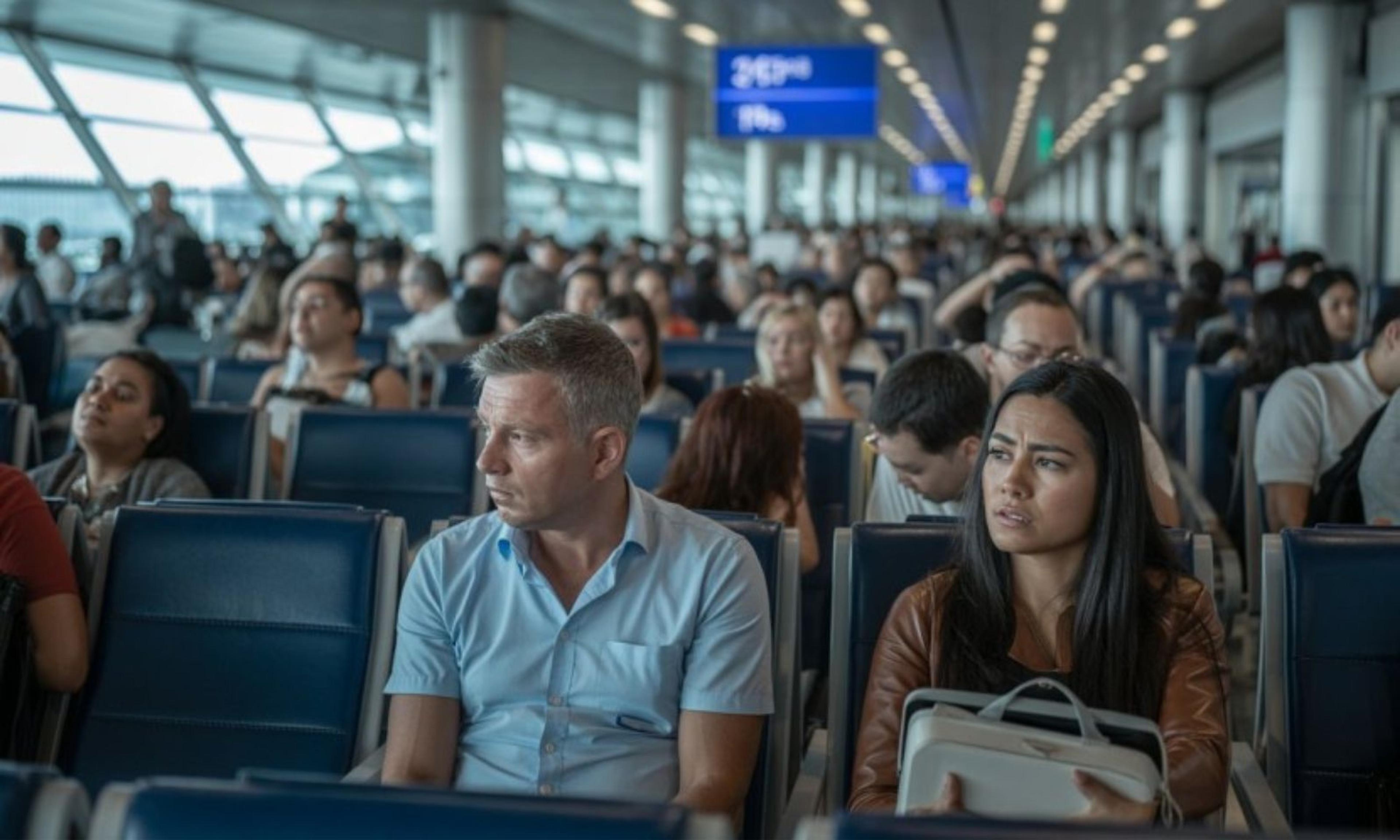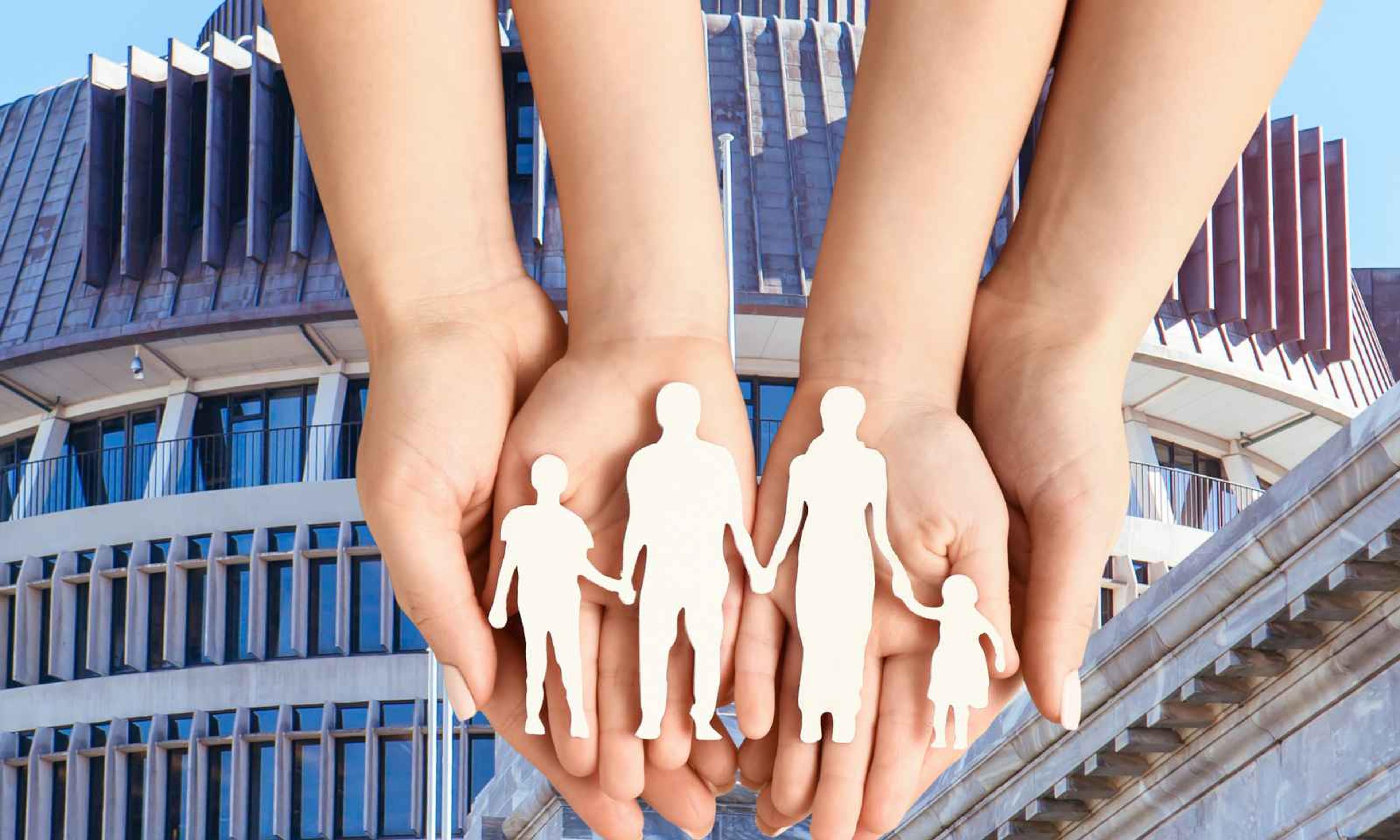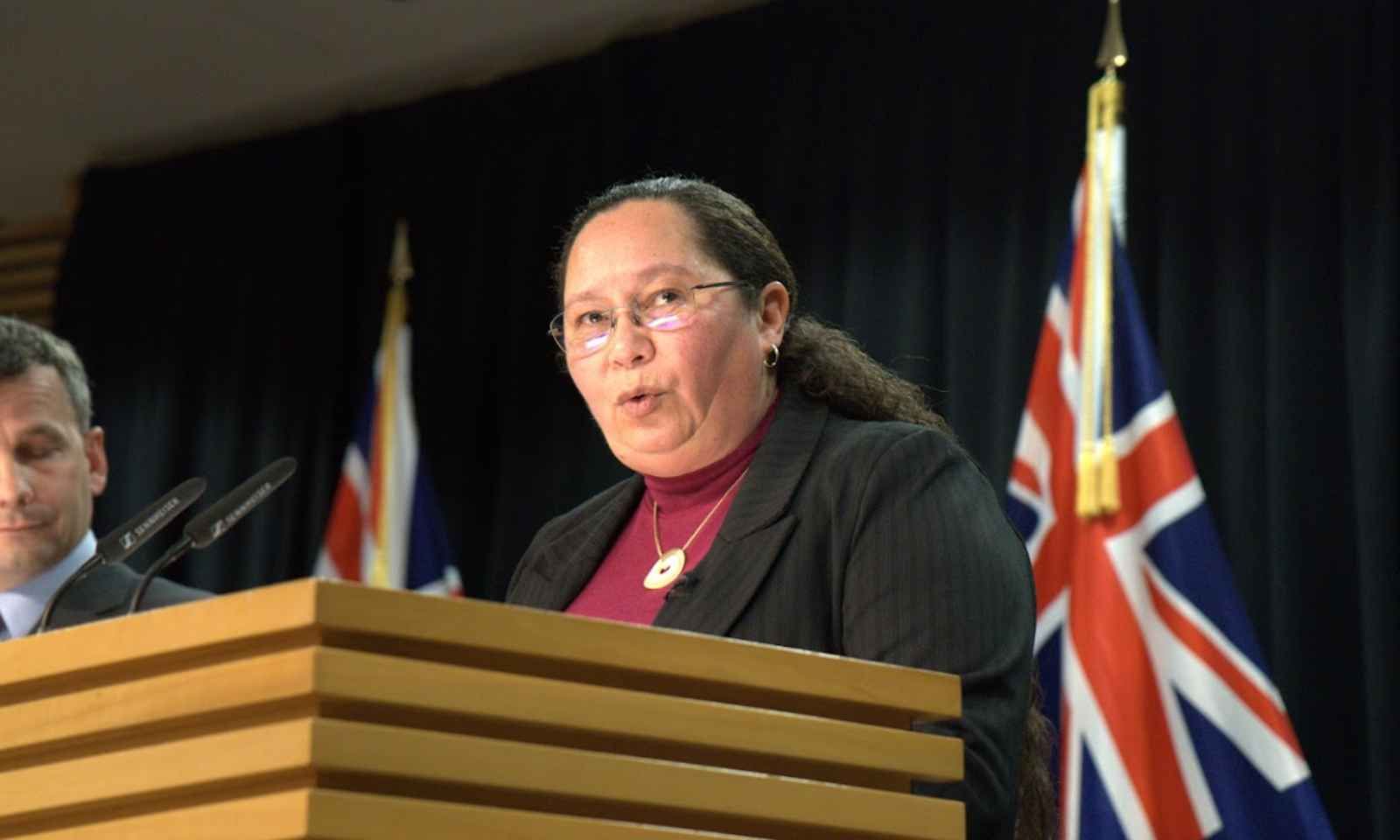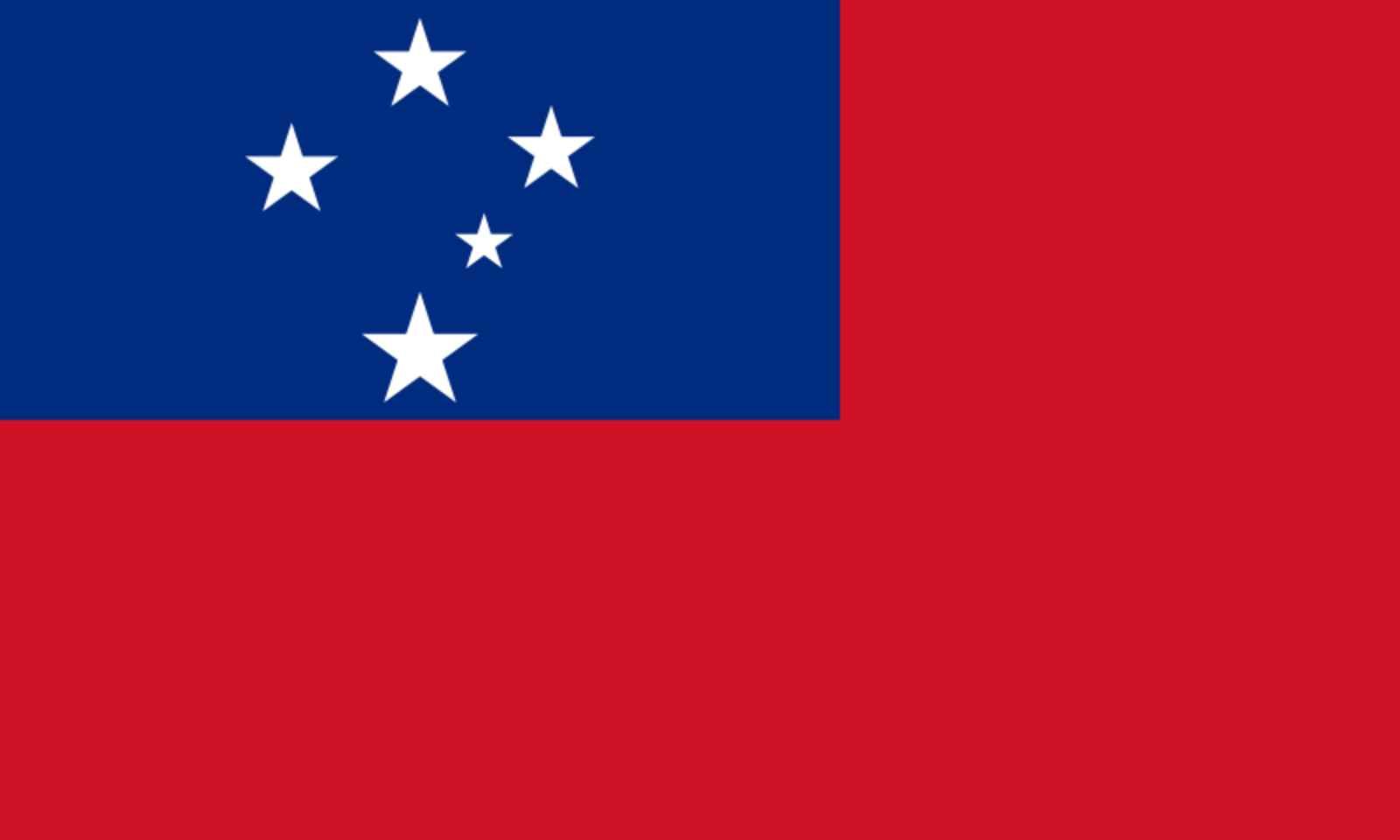

The law change will immediately and temporarily suspend the recognition of international adoptions under section 17 of the Adoption Act 1955 (the Act) by New Zealand citizens and residents for citizenship and immigration purposes.
Photo/Supplied
New Zealand tightens international adoptions, Sāmoa most affected
Associate Justice Minister Nicole McKee says until safeguards are in place, adoptions remain on hold.




Christmas under the sun: How Pasifika are celebrating amid rising heat, extreme weather





Christmas under the sun: How Pasifika are celebrating amid rising heat, extreme weather

The New Zealand Government is pausing the recognition of some international adoptions, primarily affecting Sāmoa, due to concerns over child abuse in cases involving adoptions from overseas.
Associate Justice Minister Nicole McKee says efforts are underway with Sāmoan authorities to address the issues surrounding international adoptions. But she says that until adequate safeguards are established, adoptions will remain on hold.
McKee says 1000 children are adopted internationally each year, and there is uncertainty over how many may suffer abuse.
McKee has been aware of the situation since last November and says the suspension is in response to cases where children adopted overseas have arrived in New Zealand and suffered abuse.
“There are approximately 1000 children per year that come to New Zealand using section 17 of the Adoption Act, but we don’t know how many of these children are being abused,” she says.
The Adoption Amendment Bill was introduced to Parliament with urgency on Tuesday and passed through all legislative stages quickly.

Associate Justice Minister Nicole McKee. Photo/PMN News/Joseph Safiti
The suspension will take effect this week and remain in place until a date set by the Governor-General or until 1 July 2027, whichever comes first.
Along with the suspension of section 17 of the Adoption Act 1995, which recognises international adoptions by New Zealand citizens, the law will also limit the Family Court’s ability to grant adoption when the adoptive parents or child are located overseas, under section three of the Act.
Currently, 86 countries are exempt from the suspension, with only two Pacific nations, Tonga and Fiji, included in that list. Tokelau, Niue, and the Cook Islands are also exempted as they are Realm countries.

Overseas adoption in Samoa is only allowed when no local family or care options are available, with approvals overseen by the Attorney General and courts to safeguard children. Photo/Supplied
McKee has praised Tonga’s information-sharing agreements with New Zealand police and Oranga Tamariki. Tonga is one of the few countries on the exempt list that has not signed the Hague Convention, which aims to facilitate the swift return of children wrongfully removed across international borders by a parent.
“We feel secure to know that when an adoption takes place in Tonga, the right checks and balances are being done with New Zealand, so that’s why they’re on the exempt list,” McKee says.
She says the Ministry of Foreign Affairs and Trade is working with Sāmoan officials to establish information-sharing agreements. While she could not provide a specific timeline for when Sāmoa might be added to the exemption list, McKee says progress in discussions between New Zealand and local authorities has been encouraging.
Around 700 children are internationally adopted through Sāmoa, compared to 500 from other countries. McKee was unable to confirm which countries have the most incidence of abused children being adopted, but acknowledged the flawed situation in New Zealand that allows citizens with criminal convictions to adopt overseas.
She points to past cases such as that of Joseph Auga Matamata, who adopted three boys overseas despite having previous convictions for violence.
Watch Nicole McKee's announcement below.
Matamata was sentenced to 11 years in prison in 2020 after he withdrew one boy from school and treated him as a domestic servant. The other two boys managed to escape by climbing a fence in the middle of the night.
“This case is the tip of the iceberg,” McKee says. “It is completely unacceptable for our international adoption laws to be used in this way.
“This abuse is preventable, and this government is acting decisively to prevent future harm to children adopted overseas into unsafe situations.”